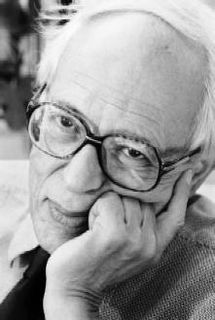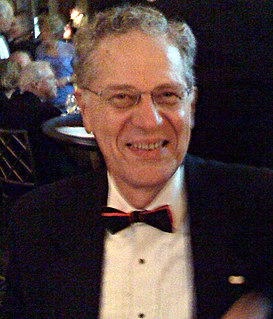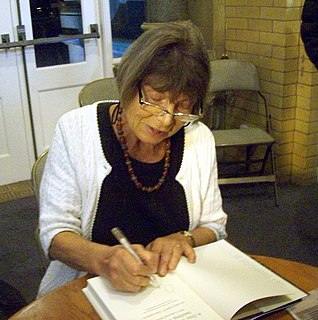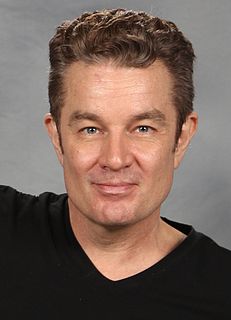A Quote by Abraham Pais
To make a discovery is not necessarily the same as to understand a discovery. Not only Planck but also other physicists were intially at a loss as to what the proper context of the new postulate really was.
Related Quotes
I am sure it is everyone’s experience, as it has been mine, that any discovery we make about ourselves or the meaning of life is never, like a scientific discovery, a coming upon something entirely new and unsuspected; it is rather, the coming to conscious recognition of something, which we really knew all the time but, because we were unwilling to formulate it correctly, we did not hitherto know we knew.
So the history of discovery, particularly cosmic discovery, but discovery in general, scientific discovery, is one where at any given moment, there's a frontier. And there tends to be an urge for people, especially religious people, to assert that across that boundary, into the unknown, lies the handiwork of God. This shows up a lot.
I argue that science would be much richer if it were multisensory. The problem with instrumentation is that instruments, unlike our senses, can be monosensory. Since the discovery of the electromagnetic spectrum - which is really the discovery that all energy coming from something has a wave form - in theory we could image anything along that spectrum. In fact, we don't, because only certain parts of the spectrum have been instrumentalized. But the new thing is computerization. You can take all the data, the measurement of the frequencies, and transform it into an image.
It was good of Friedrich Nietzsche to declare God dead - I declare that he has never been born. It is a created fiction, an invention, not a discovery. Do you understand the difference between invention and discovery? A discovery is about truth, an invention is manufactured by you. It is man-manufactured fiction.
Loving yourself involves the discovery of the true wonder of you; not only the present you, but the many possibilities of you. It involves the continual realization that you are unique, like no other person in the world, that life is, or should be, the discovery, the development and the sharing of this uniqueness.
Discovery is new beginning. It is the origin of new rules that supplement, or even supplant, the old. Genius is creative. It is genius precisely because it disregards established routines, because it originates the novelties that will be the routines of the future. Were there rules for discovery, then discoveries would be mere conclusions.



































